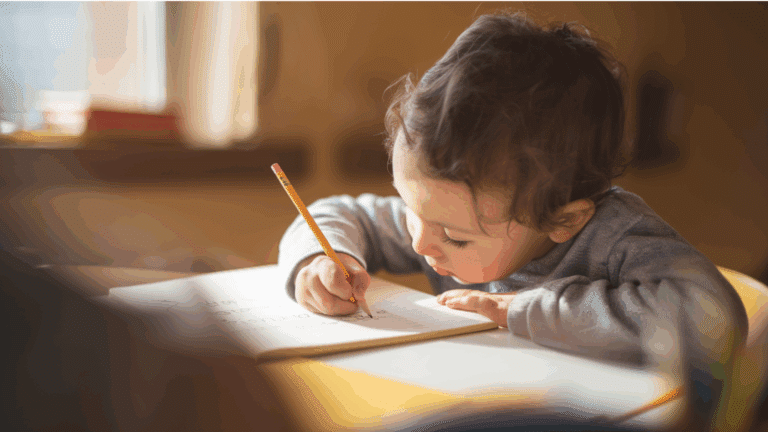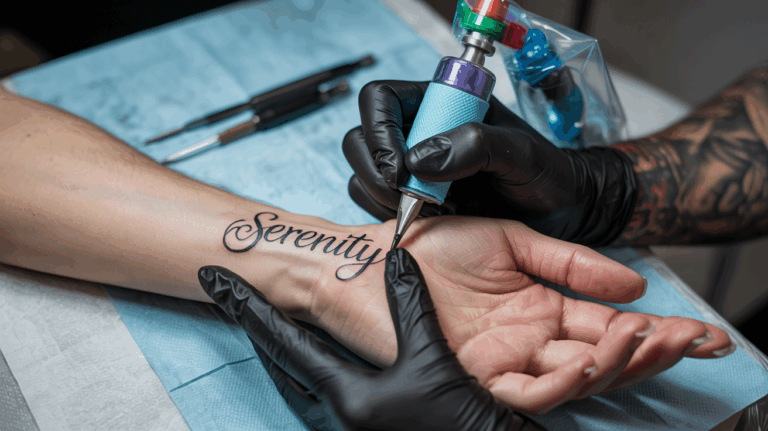Social media has proven itself to be a wonderful invention. It connects family and friends in an instant, no matter where you call home on the globe. However, it has also become a real problem for teens who can easily become addicted to flashy apps like Tik Tok and Instagram.
Both sites appeal to young teens with quick, flashy videos created by influencers who pray on people’s addictive nature. What’s worse, teens can also find themselves being bullied on social media, which in itself, can prove extremely damaging to a young person’s emotional well-being.
For those parents who believe their child is hopelessly addicted to social media, there is hope. According to the professionals at The Ridge (theridgertc.com) a residential treatment center for teens, a therapeutic approach is key for young persons who need healing for social media addiction.
This approach is engineered to provide increased support, structure, and therapy. While the major focus is on emotional and mental health issues like social media addiction, it’s understood that along with those issues come negative coping skills. Teens need to address behavioral issues during their stay in a treatment center which, in the short and long-term, better helps them cope.
That said, how can you spot a scary social media addiction in your teen before it’s too late? A recent article by MSN states that social media addiction among young people is on the rise.
Determining whether or not your teen is addicted to social media or just using it more than you would like, can be difficult. Recent research indicates that 48 percent of teens in Britain alone attest to feeling as though they are addicted to social media. A troubling statistic.
The World Health Organization, or WHO, states that there has been a “sharp rise” in problematic or scary social media use in close to 300,000 teens in Europe, Central Asia, and Canada. The U.S. is experiencing similar issues.
All this leads to parents asking themselves if their teen is addicted to social media and what steps they can take if they are.
Overuse or Addiction

The lead therapist at the UK Addiction Treatment Centres Group, or UKAT stated that parents need to be concerned about social media addiction since it’s becoming a real problem on a global scale. However, it’s also important to keep in mind that there is a distinct difference between a young person who uses social media for longer than a parent or parents want him to, and a teen who actually has an issue.
Claiming that rates of problematic social media among teens increased from 7 percent in 2018 to 11 percent in 2022, the WHO claims that such usage includes addiction-like symptoms such as an inability to control social media, experiencing withdrawal symptoms when not being able to use it, and experiencing negative consequences in everyday life because of excessive use.
It adds the recent data it has collected raises serious concerns over the negative impact digital tech is having on the mental health and overall wellbeing of teens all around the world.
Instant Gratification
Experts further attest that social media exposure causes an instant release of dopamine into the young user’s brain. Think of this as a reward. The experience of this neurological response is akin to instant gratification. It encourages young users to use social media again, and again, and again.
Social media is said to be complex in that it provides instant gratification via “likes.” But it can also be accessed all day, every day, 365 days per year. It has the power to enhance the user into always being logged in to the many platforms so they don’t experience FOMO. That is, fear of missing out.
The user disappears into the digital world of social media and lives their life through other users who are constantly online. This makes it terribly difficult to place significant value on their own, personal “real-word lives.” It’s up to the parents to search for signs of scary, problematic social media use since teens might have zero clue that they have an issue until it’s too late.
Addiction to social media means the teen has lost all power of choice. He can’t help himself when he goes online even if he knows it’s negatively affecting his everyday life. Responsibility falls on the parents to keep an eye on their teen’s behavior and to look out for the symptoms and signs of scary social media addiction.
















